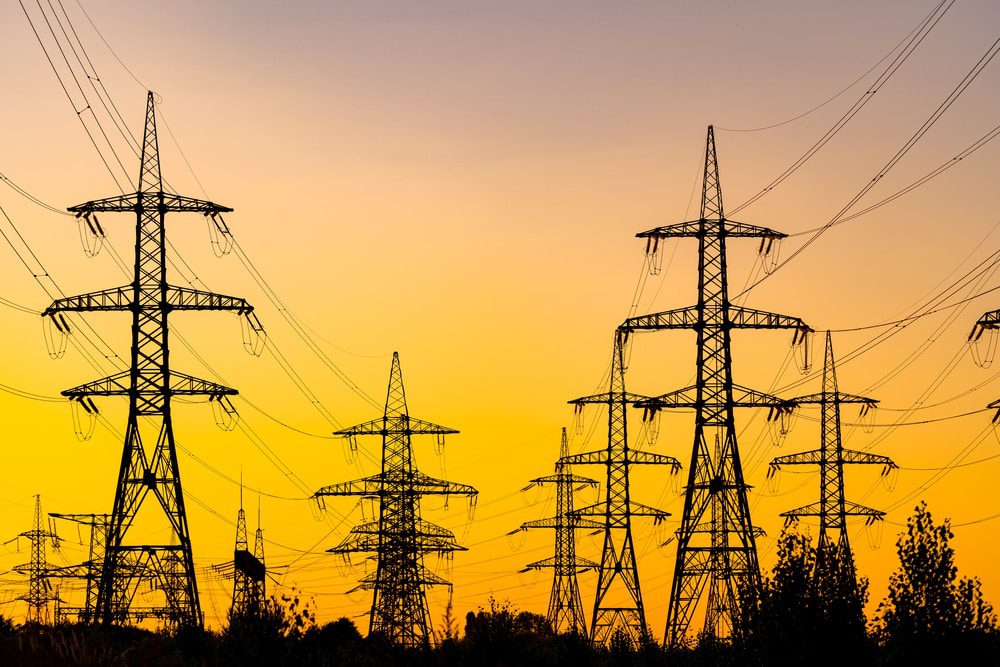
Germany’s Social-Democratic, Green, and Liberal-Democratic government continues down its path to transform the German energy sector. On the last day of 2021 Germany shut down three nuclear power plants and at the end of 2022 the last ones are to follow.
However, Germany may want to rethink its strategy.
A recent report by the German Insurance Association (GDV) exposed the vulnerability of the German electricity network and concluded that a blackout (a prolonged large–scale power failure) would have disastrous consequences for Germany.
The report of the GDV interviewed a wide range of specialists on the matter. Wolfram Geier, head of Risk Management and International Affairs at the Federal Office of Civil Protection and Disaster Assistance (BBK), considers a blackout to be among “the greatest risks our country is facing,” an assessment shared by Albrecht Broemme, former president of the Technisches Hilfswerk (THW). Broemme warned that “Germany isn’t prepared at all to deal with a blackout.” According to him, no part of society is adequately prepared to handle such a scenario.
While Broemme believes that the biggest danger stems from potential hacking attacks, energy companies such as E.ON and RWE have advised caution in implementing Germany’s Energiewende, the radical transformation of the energy sector towards renewable energies. The energy companies foresee destabilizing consequences: fluctuations of electricity production by solar or wind power will stress the electricity network; available power line infrastructure is unreliable or non-existent for wind energy produced in the north used to supply industrial centers in the south; increasing dependence on electric cars and heat pumps will increase energy needs.
The sum of these factors creates a situation in which energy companies have to regulate the network far more often than before, thus increasing the amount of potential blackout scenarios. This assessment is confirmed by the Swiss Prognos-Institute in its yearly report for the Bavarian Industry Association.
Due to international electricity networks, the unreliable energy problem is not just a German problem, but a European one. The interdependency of networks allows Germany to regulate its power net by importing electricity from other countries when needed. Such inter-country energy attrition will result in elevating electric costs for all of Europe.
The experts of the GDV warned explicitly that the German public, outside of prepping communities, is not at all prepared to deal with the consequences of a prolonged power failure. Even those who had previous experiences with similar events after natural catastrophes are not preparing for a similar scenario by stocking up on water, food, and other essentials.
